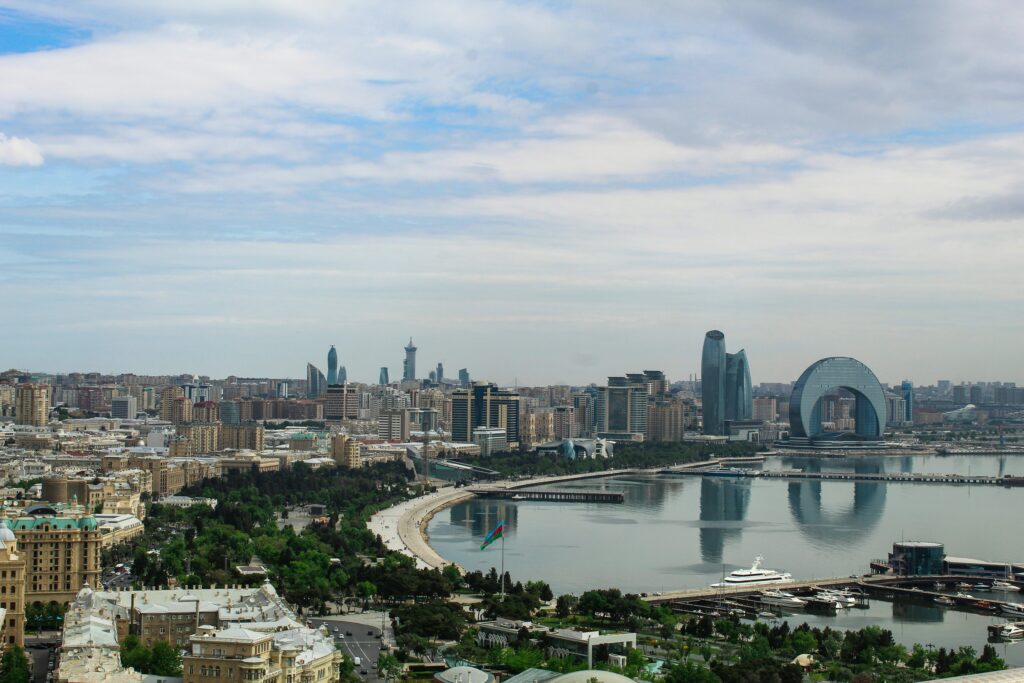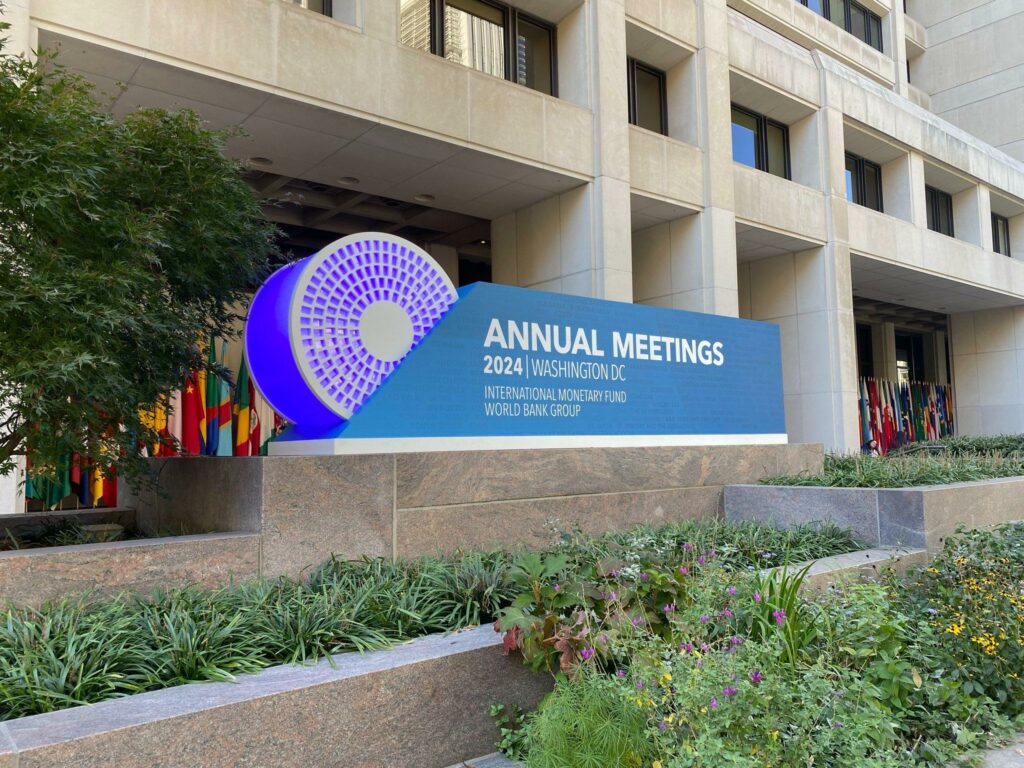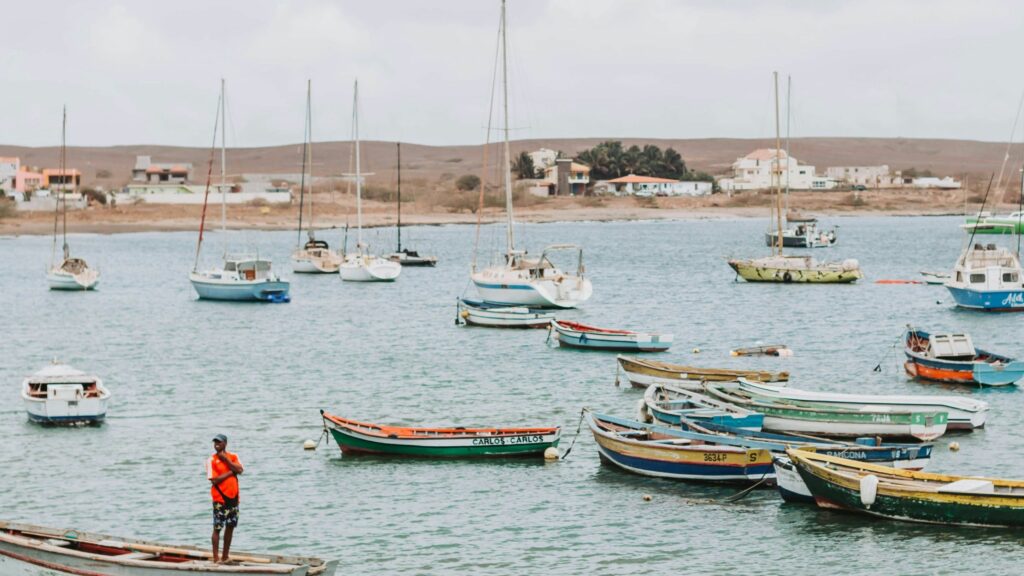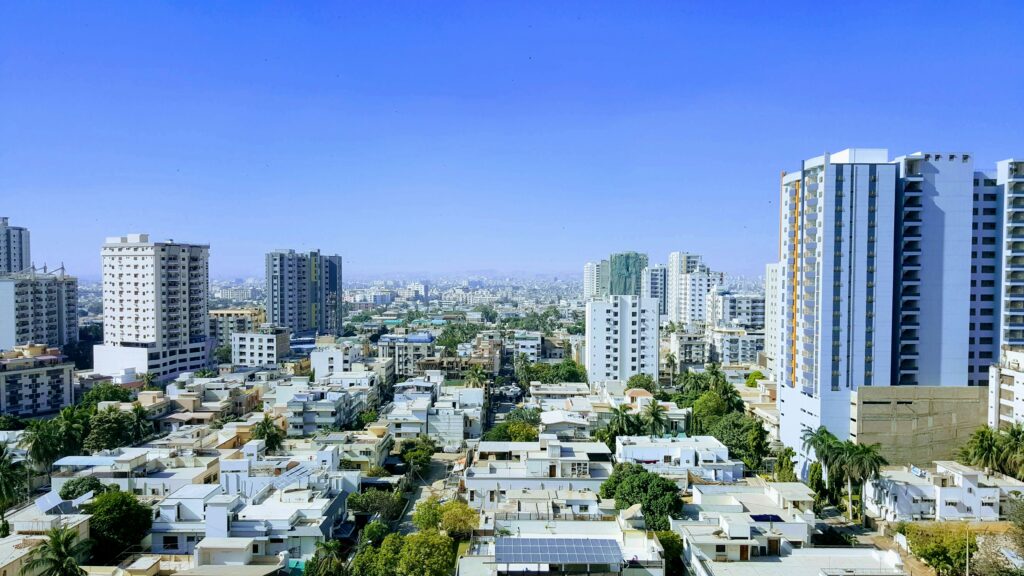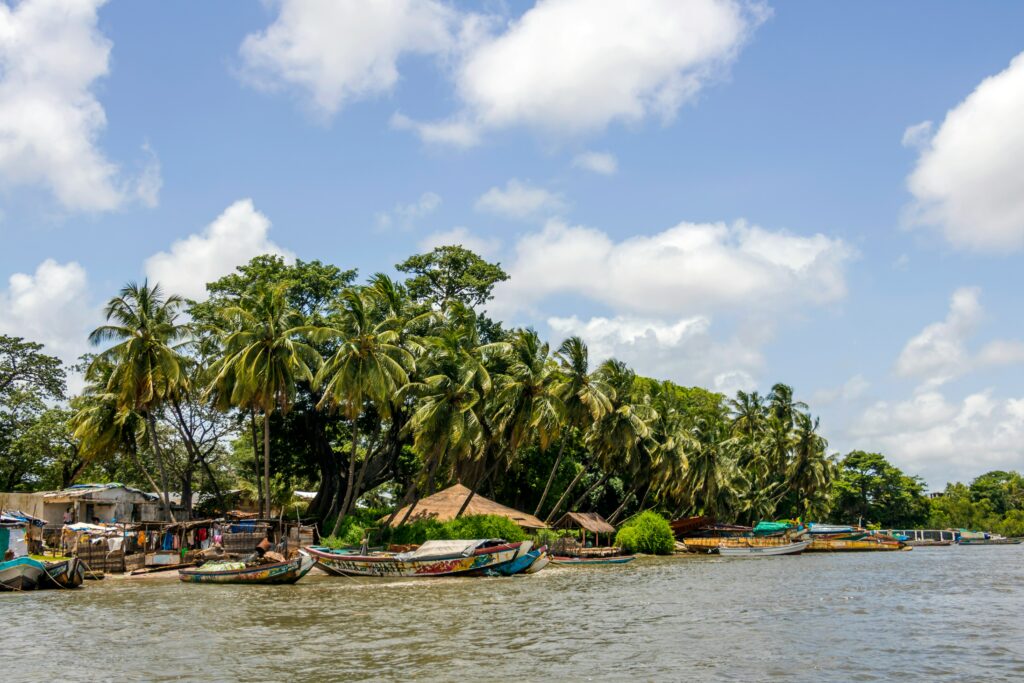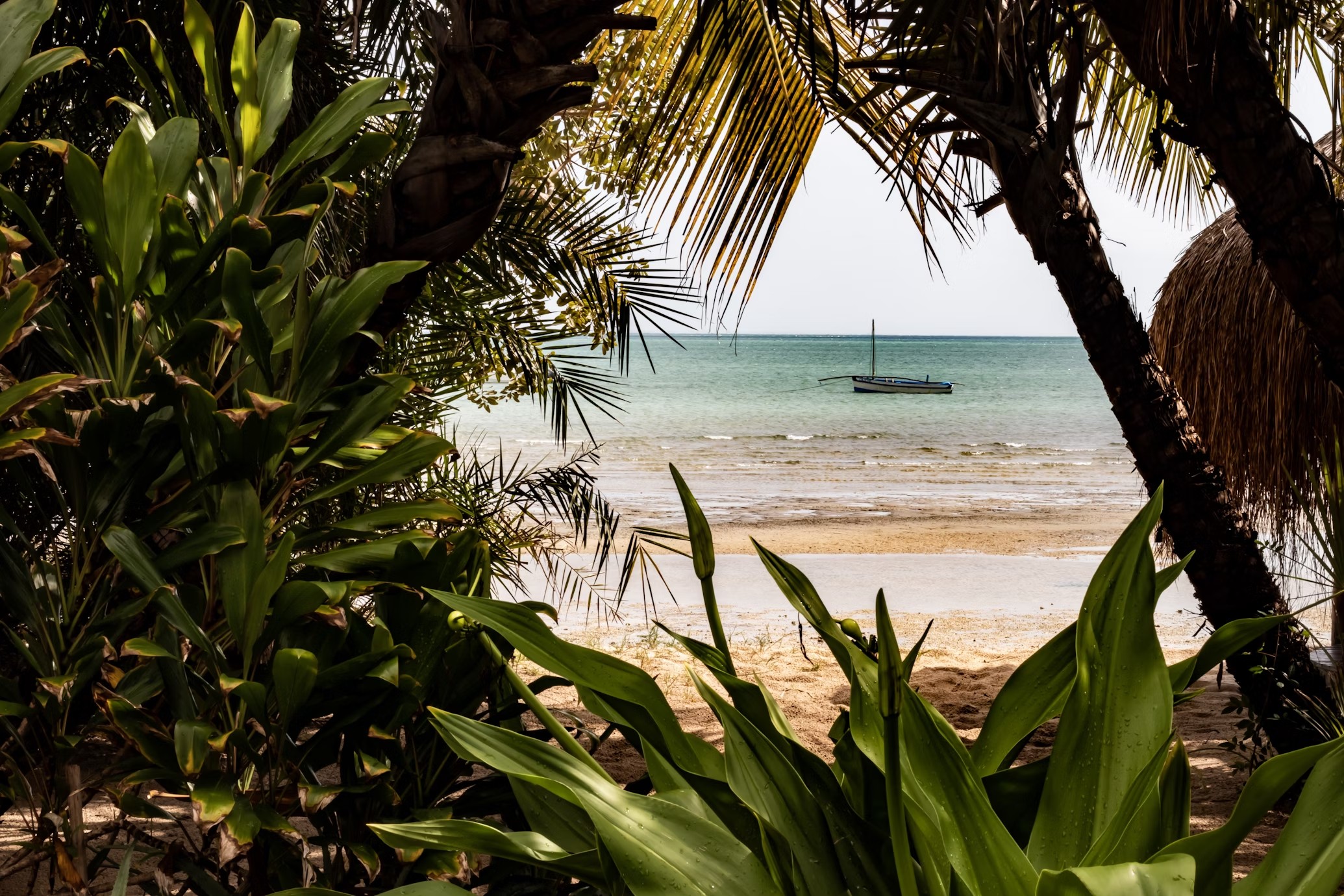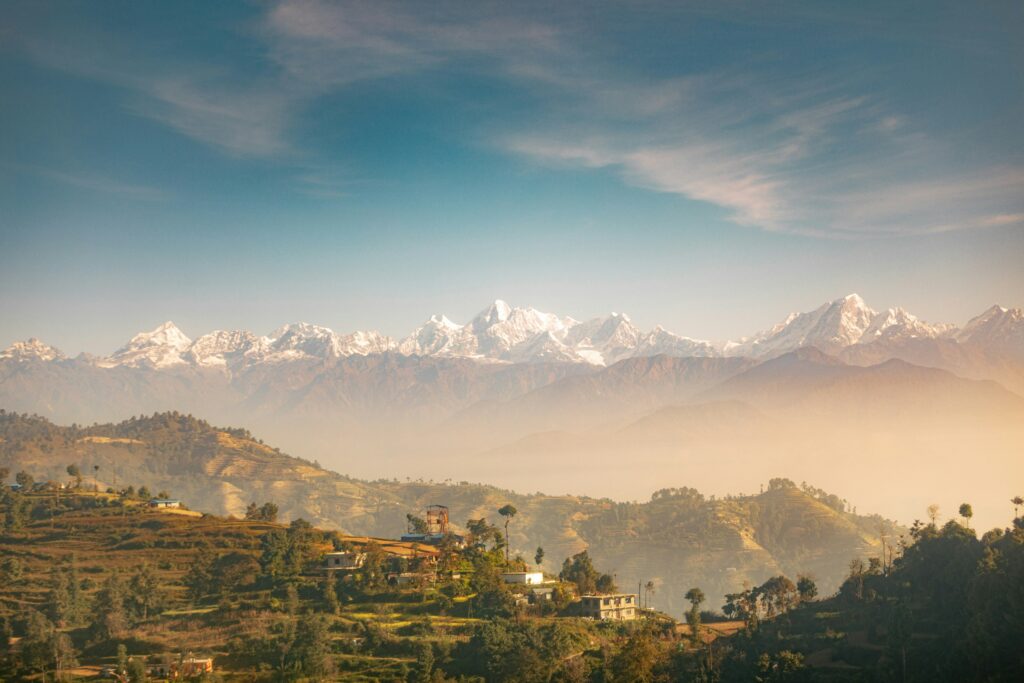There is growing momentum for a reform of the international sovereign debt architecture. In recent weeks, a series of high-level meetings and reports—from the Financing for Development Conference in Seville to the launch of the Vatican-backed Jubilee Report—have advanced the debate and echoed proposals long advocated by the Debt Relief for a Green and Inclusive Recovery (DRGR) initiative.
At this year’s IMF-World Bank Spring Meetings, calls for meaningful debt relief echoed loudly—but the official response remained stuck on fiscal tightening. As emerging market and developing economies face shrinking fiscal space and growing debt burdens, the gap between policy advice and economic reality is widening, with one crucial issue largely absent: the growing threat of climate change to debt sustainability.
A growing number of influential voices, such as Indermit Gill, Chief Economist at the World Bank, and Cyril Ramaphosa, President of South Africa in announcing the priorities of their G20 presidency, are signaling a significant shift in the global discourse on debt. The focus is moving away from short-term liquidity fixes towards a growing recognition that comprehensive debt relief is essential for sustainable development and climate action. Here’s a look at the changing debate.
Amid a challenging geopolitical backdrop, COP29 in Baku and the G20 Summit in Rio de Janeiro made only modest progress on debt and climate finance. However, the discussions underscored the importance of addressing debt to tackle the climate crisis, paving the way for future reforms. Here’s a look at the key takeaways.
Developing countries are trapped in a vicious cycle of debt, climate change and underinvestment. As they spend more on debt interest than on healthcare, education, or climate resilience, the human costs are severe. The Debt Relief for a Green and Inclusive Recovery Project offers a bold solution: transformative debt relief to support sustainable development and climate action. It’s time to break the cycle and build a resilient, green and equitable global economy. Learn more in our video.
Despite record-high debt levels and low growth prospects, the 2024 Annual Meetings of the International Monetary Fund (IMF) and World Bank Group achieved little concrete progress on debt. Nonetheless, discussions underscored the urgent need for innovative solutions – and momentum for effective debt relief appears to be building. Here’s a look at the key takeaways.
Africa is amongst the most vulnerable regions in the world to the impacts of climate change, while also grappling with a severe sovereign debt crisis. Our new new policy brief analyzes Africa’s debt dynamics and outlines a proposal to unlock the continent’s potential for green growth and support climate resilience.
In a joint statement organized by the Debt Relief for a Green and Inclusive Recovery (DRGR) Project, former central bankers and finance ministers call for comprehensive debt relief and the mobilization of new financial resources to prevent a default on development and climate goals.
To address climate change and meet the United Nations 2030 Sustainable Development Goals, emerging market and developing economies (EMDEs), excluding China, need to mobilize an estimated $3 trillion annually. However, these nations face fiscal constraints exacerbated by the COVID-19 pandemic, capital flight, and rising borrowing costs. The new Sovereign Debt and Environment Profiles (SDEP) database from Boston University’s Global Development Policy Center (GDP Center) examines these fiscal constraints and green investment opportunities in 114 EMDEs, bridging the research findings of the DRGR project and the GDP Center.
On Tuesday, May 14, 2024, the Debt Relief for a Green and Inclusive Recovery (DRGR) Project hosted a webinar discussion to launch its new report, “Defaulting on Development and Climate – Debt Sustainability and the Race for the 2030 Agenda and Paris Agreement.”
Rising debt threatens development and climate protection in emerging market and developing evonomies. In order to make necessary climate investments affordable for countries with limited financial leeway, comprehensive reforms and targeted debt relief are inevitable.
The case of Zambia’s highlights the complexities and consequences of global debt dynamics, demonstrating that comprehensive debt relief is not only crucial for economic stability – but also for reducing global inequality. Reforming the G20’s Common Framework would be a key place to start.



